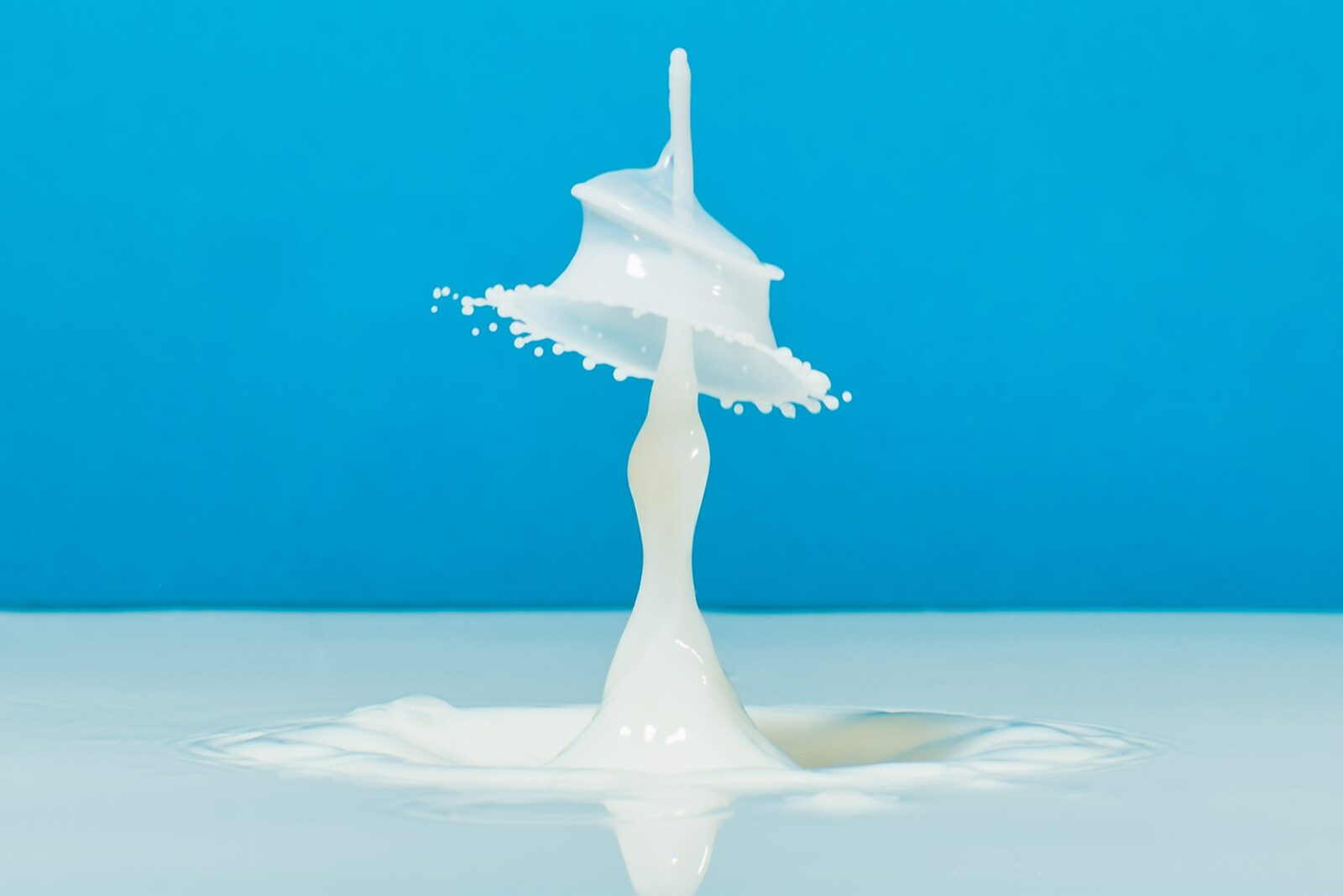Milk is a staple of most diets. It’s versatile, reasonably cheap, and widely available. So it’s not surprising that millions of people drink it every day. But is milk helpful or harmful to weight loss?
Milk provides protein, calcium, and other important nutrients, and for that reason, milk should figure in a good diet. But beyond those basics, milk is thought to be harmful. It’s blamed for causing obesity and diabetes, and blamed for a variety of health problems, such as osteoporosis, high blood pressure, and asthma. But is it really that harmful? Is there a good case for avoiding milk?
The facts show that milk isn’t a major cause of obesity, diabetes, or any other health problem. Does it make sense to avoid it? Not necessarily.
If you are trying to lose weight, do not avoid milk. Neither drinking milk nor avoiding milk will make a significant impact on weight loss.
But if you are trying to lose weight, milk is not your enemy. Milk is high in protein and calcium — important things for strong bones. And milk has vitamins and nutrients like riboflavin, riboflavin, niacin, thiamin, choline, vitamin E, and vitamin K.
Milk is as controversial as ever in the diet world, with experts on both sides of the debate. Some say it’s excellent for weight loss, while others think it’s terrible.
It comes down to this: milk or fat? Milk gets the good press: It contains calcium, protein, and plenty of other essential nutrients. It’s low in fat, and it’s a good source of vitamin D, which your body needs to absorb calcium. The controversy arises when milk is consumed in excess. Milk has 7.5 grams of fat per 3-ounce serving, so loading up on milk means consuming a lot of fat in one sitting.















Leave a Reply